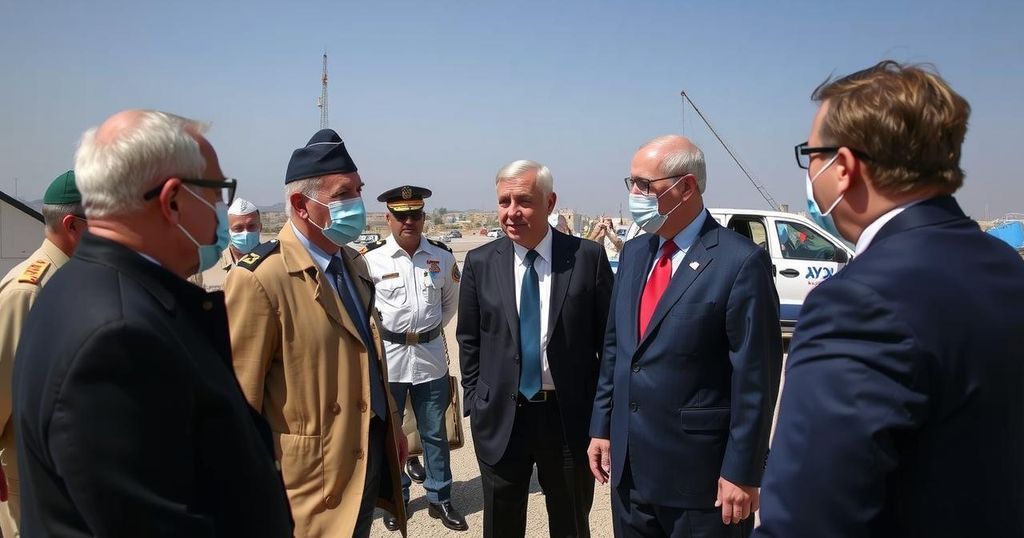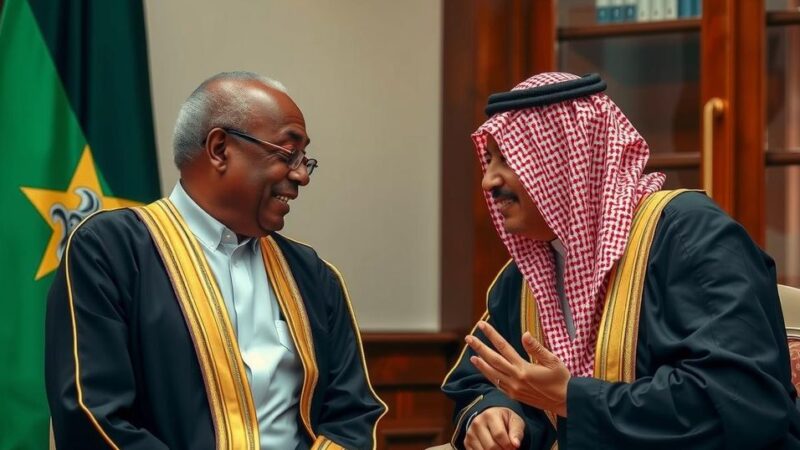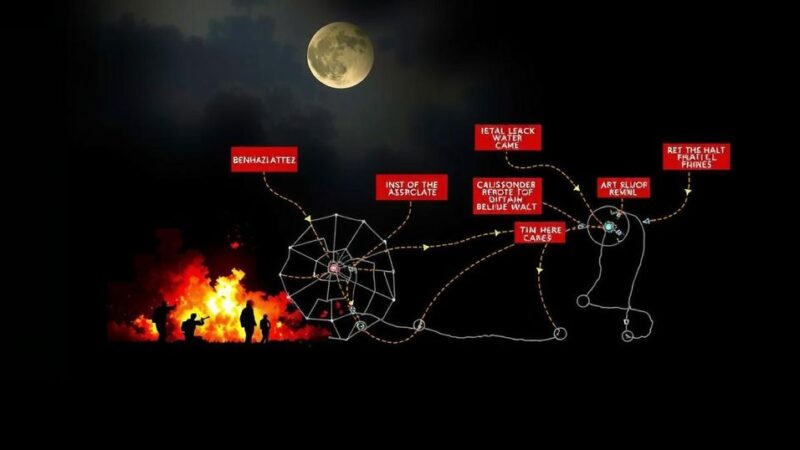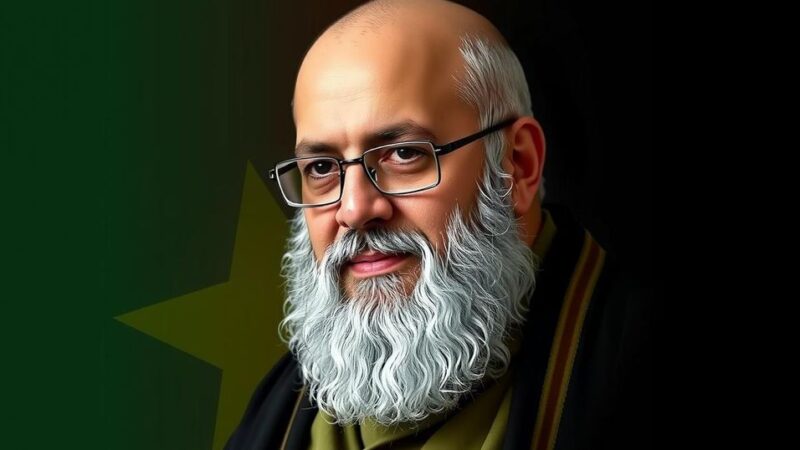Antony Blinken’s upcoming visit to Israel aims to revitalize cease-fire talks for Gaza, enhance humanitarian access, and deescalate tensions with Hezbollah in Lebanon. Despite previous negotiations’ failures, discussions may include post-conflict governance for Gaza. Concerns regarding humanitarian conditions in Gaza and the implementation of U.N. resolutions were highlighted as critical issues needing resolution.
U.S. Secretary of State Antony Blinken is scheduled to meet with Israeli officials on Tuesday to facilitate a renewed effort towards establishing a cease-fire in Gaza, enhancing humanitarian access, and reducing tensions between Israel and Hezbollah in Lebanon. This marks Blinken’s eleventh visit to the region since the escalation of the conflict in Gaza in October 2023, during which he aims to engage with Israeli Prime Minister Benjamin Netanyahu and Defense Minister Yoav Gallant. Efforts to broker a cease-fire, led by the United States, Egypt, and Qatar, have thus far been unsuccessful. A high-ranking official from the State Department remarked on the unpredictability of reviving talks, especially following the recent assassination of Hamas leader Yahya Sinwar. In addition to his meetings in Israel, Blinken plans to visit Jordan on Wednesday. The official indicated that without a cease-fire, discussions with Arab leaders will involve refining proposals for Gaza’s governance following the conflict. Notably, the U.S. has prepared certain post-conflict plans to be discussed with Israeli officials. Nimrod Goren, a senior fellow at the Middle East Institute, expressed skepticism regarding a potential diplomatic breakthrough, highlighting significant disparities between the positions of Israel and Hamas on cease-fire conditions. He noted, “The gaps are major; basically, Israel wants Hamas not to govern Gaza anymore and not to exist in Gaza anymore as a security threat, and Hamas wants the opposite.” Amidst these discussions, the State Department underscored the deteriorating humanitarian conditions in northern Gaza. Deputy spokesperson Vedant Patel acknowledged that the humanitarian situation remains unacceptable and that Blinken would address this matter with Israeli counterparts and other regional leaders to improve the flow of humanitarian aid into Gaza. Furthermore, U.S. envoy Amos Hochstein recently visited Beirut to address the ongoing conflicts along the Israel-Lebanon border. Following a constructive dialogue with Nabih Berri, the speaker of Lebanon’s parliament, Hochstein emphasized the need for actionable measures to implement U.N. Security Council Resolution 1701, which calls for Hezbollah’s withdrawal and Israel’s pullout from Lebanon, highlighting the critical need for a lasting resolution to prevent future conflicts. He reiterated the importance of mutual confidence in the commitment to this resolution, stating, “The people of Lebanon, like everyone in the region, just want to go home, build a peaceful, secure and safe prosperous future for themselves and their families.”
The ongoing conflict in Gaza, which escalated dramatically in October 2023, has incited international concern and prompted sustained diplomatic interventions aimed at de-escalation and humanitarian relief. Secretary of State Antony Blinken’s visits to the region reflect the United States’ commitment to mediating discussions between Israel and Palestinian factions like Hamas, as well as addressing the complexities posed by Hezbollah’s involvement from Lebanon. Various parties, including Egypt and Qatar, have attempted to broker cease-fire agreements, but significant obstacles have persisted, exacerbated by recent military actions. The humanitarian impact on Gaza residents has drawn criticism and calls for enhanced aid, making it a critical aspect of diplomatic talks. The enduring instability in Lebanon poses additional challenges, requiring diplomatic solutions that align with historical resolutions like U.N. Security Council Resolution 1701.
In summary, Secretary of State Antony Blinken’s forthcoming visit to Israel underscores a continued effort to mediate a cease-fire in Gaza, facilitate humanitarian assistance, and address tensions with Hezbollah. Despite the ongoing diplomatic challenges and the complexity of the region’s interests, the United States remains dedicated to fostering dialogue aimed at ensuring stability and safety for civilians. Key figures within the region express skepticism regarding immediate breakthroughs, but efforts continue to solidify a comprehensive framework for peace and security in the area.
Original Source: www.voanews.com






